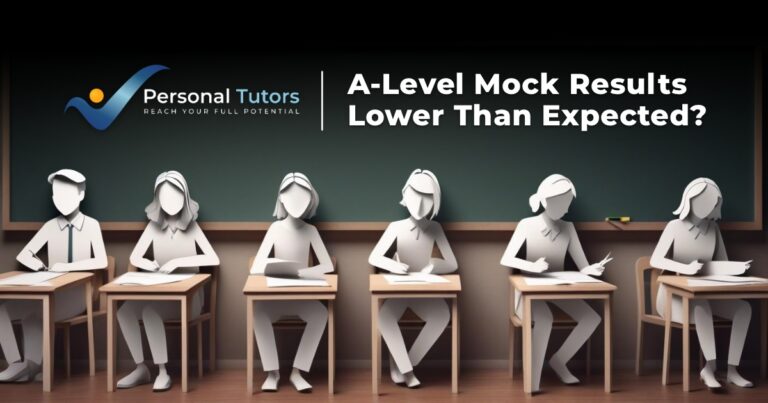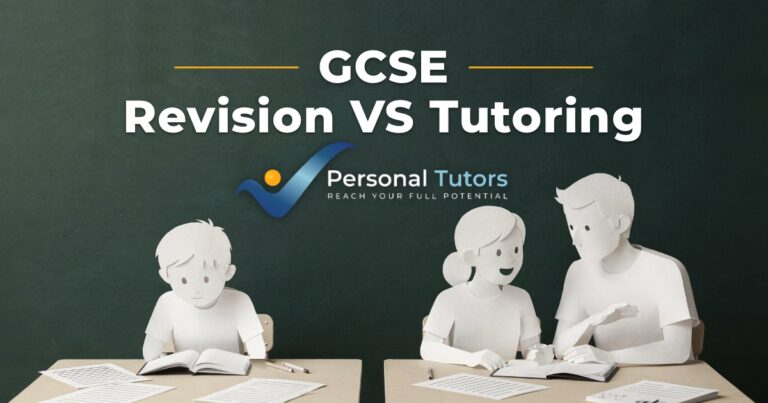Postcode
and Subject
6 Tutors
How can a personal tutor tailor their teaching methods to suit individual learning styles?
A personal tutor can tailor their teaching very closely to the needs of each individual student. Because tuition is one-to-one, they can quickly get to know how a student learns best, what they find challenging and what motivates them. This means lessons can be adapted to suit different learning styles, preferences and personalities, helping students to understand more clearly and make steady progress.
Tutors usually start by building a picture of the student’s current level, strengths and areas for development. They may look at school reports, recent test results and examples of classwork, as well as asking the student how they feel about the subject. This informal assessment helps the tutor decide where to begin, how quickly to move and which teaching methods are likely to be most effective.
Once they understand the student’s needs, tutors can adapt the way they explain new ideas. For some students, clear step-by-step explanations and worked examples are very helpful; others respond better to diagrams, visual models or real-life examples. Tutors might use a mixture of spoken explanations, written notes, drawings, online resources and practical activities, depending on what helps that particular student to make sense of the topic. This might mean using more visual explanations for some learners, step-by-step verbal walkthroughs for others, or practical, hands-on activities and discussion-based work where that suits the student best.
The pace and structure of lessons can also be tailored. A tutor can spend more time on tricky areas, revisit key ideas in different ways and offer extra practice where needed. For more confident students, they can introduce extension questions and stretch activities to keep them engaged and challenged. Because sessions are flexible, the tutor can adjust the balance between explanation, practice and review from week to week.
Tutors can also choose activities that match the student’s interests and personality. For example, they might link maths questions to hobbies or real-world situations, use short quizzes and games for younger learners, or focus on exam-style questions and past papers for older students. This helps to keep lessons relevant and enjoyable, while still focused on clear learning goals.
Regular feedback is another important part of tailoring tuition. Tutors can check understanding frequently, encourage students to explain ideas back in their own words and adjust their approach if something isn’t working. Over time, they can refine their methods as they learn more about what helps that student to stay focused, remember key points and feel confident. Tutors can also take into account any additional needs or teacher feedback, and work closely with parents to adjust the approach so that it continues to feel supportive and effective.
By combining subject expertise with a flexible, student-centred approach, a personal tutor can create a learning experience that feels genuinely individual. This can lead to better understanding, stronger skills and increased confidence, whether the student needs support to catch up, keep up or move ahead.
If you’d like your child to receive one-to-one support tailored to their individual needs and learning style, you can enter your postcode in the search box to request a free list of local and online tutors.
Information
For Students
For Students
Face-to-Face
Tuition
Tuition
Online
Tutoring
Tutoring
All
Subjects
Subjects




